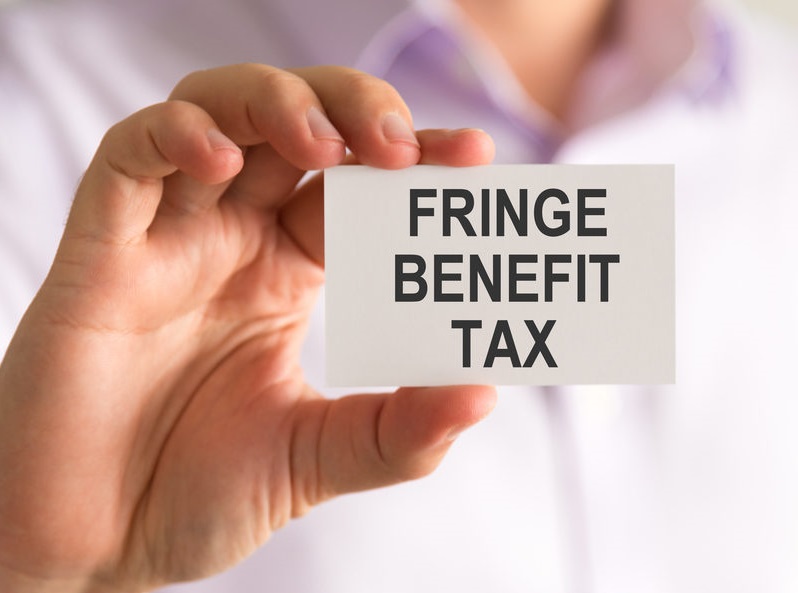 As an employer, if you provide fringe benefits to employees, or others associated with your business, you must generally pay fringe benefit tax (FBT) on the value of these benefits.
As an employer, if you provide fringe benefits to employees, or others associated with your business, you must generally pay fringe benefit tax (FBT) on the value of these benefits.
So, when are you liable for FBT? Any time you provide non-cash benefits to your staff. The list is potentially endless but in practice, most non-cash benefits fall into one of these categories:
- motor vehicles
- subsidised transport
- staff vouchers/gifts
- offsite carparks
- insurance premiums
Of these, most FBT revolves around company vehicles, so let’s look at what Inland Revenue expect from you if you provide vehicles for any of your staff:
- the company policy on motor vehicles
- any private use restriction letter in place, signed by the directors and the employee
- documentation that shows regular checks on the vehicle to ensure it’s not being used for private matters
- the employee’s job description and employment contract
- the employee’s performance review notes confirming they’re sticking to company policies.
For an SME owner, that list can be daunting, and a good reason to talk to us. As an independent set of eyes, we can help you determine what you need to do, what you don’t need to do, and how to go about doing it (including creating proper documentation). The value of expert advice is heightened by some of the finer points of FBT legislation. For example, did you know:
- if an employee takes a vehicle home one evening and returns to work with it the next morning, the laws say it’s been available for private use on two days
- Inland Revenue expects you to check that employees are adhering to restricted use policies at least once every quarter
- just because a vehicle has your company logo on it, that doesn’t automatically make it a work-related vehicle, so it doesn’t automatically become exempt from the usual requirements of FBT
- there is an option for some companies that have one or two vehicles to elect to use the motor vehicle expenditure rules rather than pay FBT in certain circumstances.
If you didn’t know all those things, you’re in great company! FBT is complex. Inland Revenue recognises this and will work with you to help you comply. The best approach is to get professional advice (that’s us!) and, where appropriate, with our help go to Inland Revenue for a private binding ruling (short process ruling) in relation to any matters that aren’t clear. It is worth noting that this can be an expensive exercise due to the work involved in preparing the application plus the IRD fee for reviewing and processing the application. However, such a ruling does provide certainty. The alternative approach is to get a written tax opinion from a tax adviser (again that’s us!) and that way, even if Inland Revenue disagrees with your FBT return, they’ll see that you’ve taken reasonable care to get things right and are not likely to impose a penalty for lack of reasonable care.
Talk to us if you think you’re liable for FBT.
This publication has been provided as general information associated with the topics covered. It is not intended to be specific advice. We strongly recommend readers seek independent advice from a suitably qualified professional adviser prior to acting in relation to any of the matters discussed in this publication. No person or entity involved in this publication accepts any liability for any loss or damage whatsoever which may directly or indirectly result from any advice, opinion, information, representation, or omission, whether negligent or otherwise, contained in this publication.
